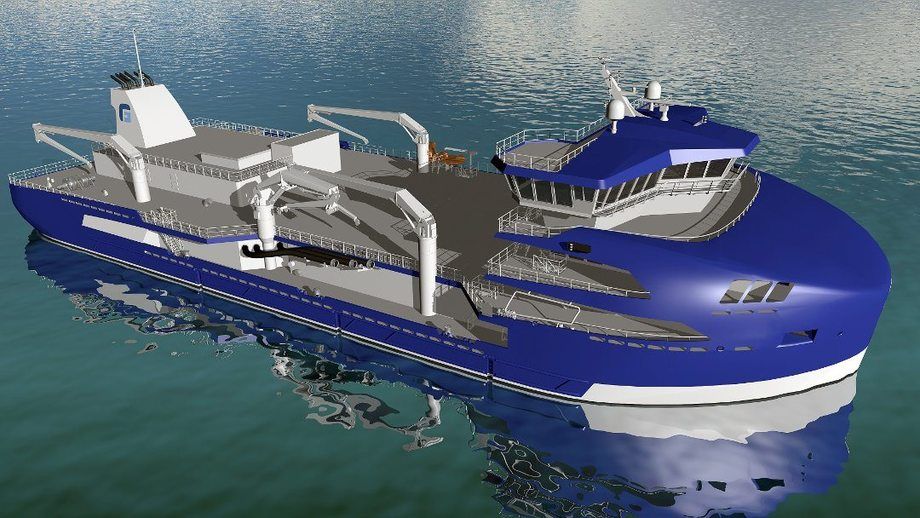Streamlined regulation for wellboat discharges

Regulation of marine fish farming wellboats in Scotland has transferred to the Scottish Environment Protection Agency (SEPA). The move is intended to streamline regulation by bringing the responsibility under a single body.
Up until now, an operator would require a marine licence with Marine Scotland for discharges from wellboats, with a separate licence from SEPA for the same chemicals being used directly in fish farm cages.
New applications will be accepted by SEPA from Monday 9 November. Existing Marine Scotland licenses will transfer to SEPA on Monday 30 November.
Terry A’Hearn, Chief Executive of SEPA, said: “Bringing control of all medicine discharges under SEPA’s regulatory role is a positive step that will simplify the operation of discharge controls by enabling us to provide farms with a single, outcome-focused permit for all their discharges.
“This change makes regulatory responsibilities clearer and the transfer from Marine Scotland to ourselves will allow us to respond directly to any concerns raised about the operation of wellboats at finfish farms.”
He also said that fish farming industry representatives had expressed an interest in working with SEPA “to explore opportunities for strengthened approaches to demonstrating and checking compliance for any such discharges – and for innovation, such as investment in medicine residue capture and treatment.”
The move follows a recommendation made by the Independent Review of Aquaculture Consenting in 2016. The current limits on the quantity of medicine residues that can be discharged, including via a combination of discharges from wellboat and pen, will not change. Once the new permit is in place, a spate wellboat permit will no longer be required and will be revoked.
Where an existing \”CAR\” (Water Environment [Controlled Activities] [Scotland] Regulations 2011) licence does not currently authorise discharge of chemical residues, an application to vary the permit will be required, SEPA says.

